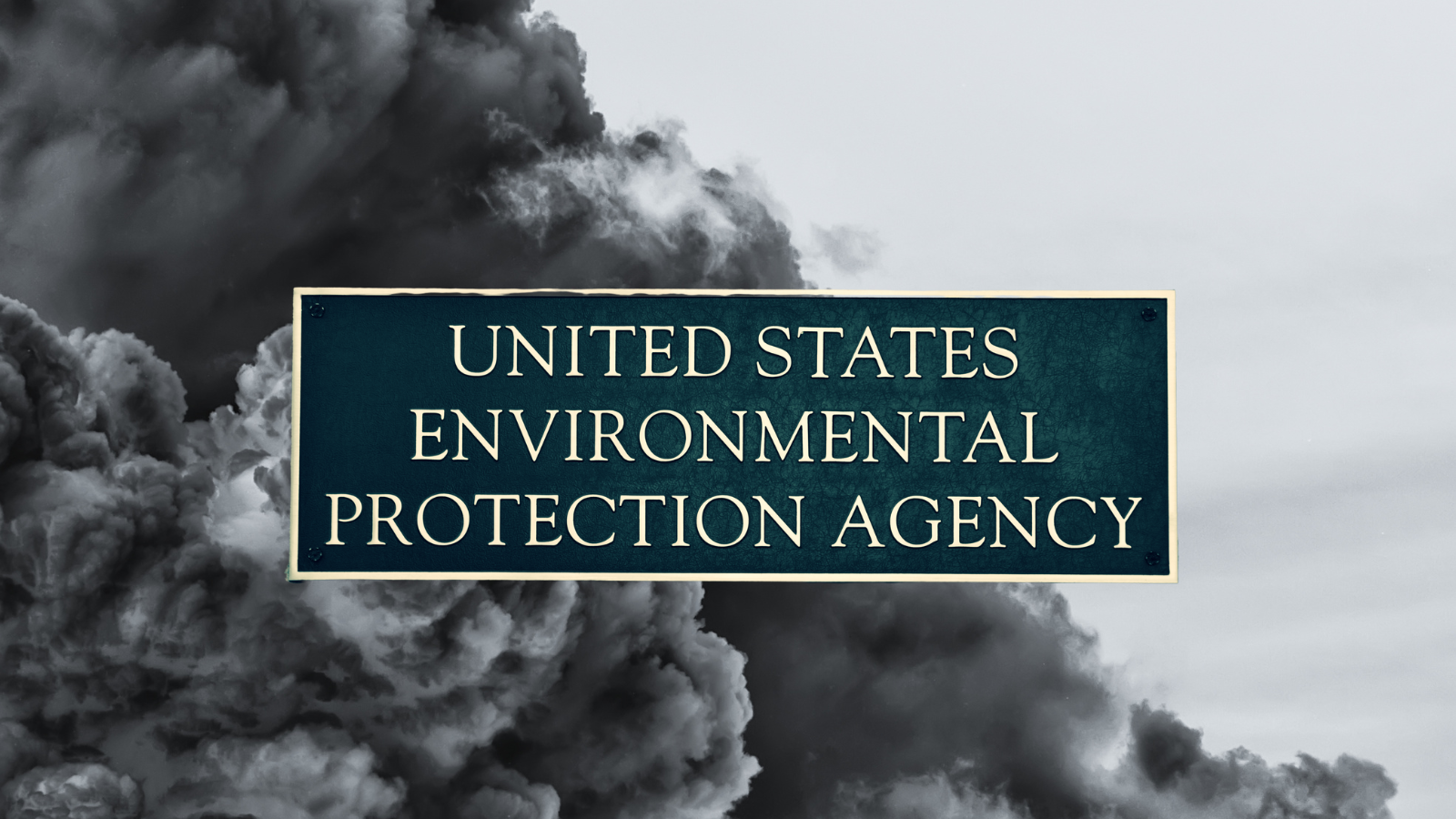Opinion: EPA Must Stop Unsafe and Costly California Maritime Mandate
🌊 Opinion: EPA Must Stop Unsafe and Costly California Maritime Mandate.
The California Air Resources Board (CARB) has issued a mandate that tugboat operators must upgrade their engines with unapproved Diesel Particulate Filters (DPFs) within six months. While CARB's goal of improving air quality is commendable, this directive raises safety concerns as the DPFs lack Coast Guard approval and certification from recognized maritime safety experts. The rushed installation of unproven DPFs poses safety risks, and the Coast Guard has voiced concerns about their reliability in the marine environment. CARB is requesting an EPA waiver to enforce this rule, but federal leaders should not overlook the potential consequences of these rushed installations, considering past incidents of truck fires linked to DPFs. The safety of mariners and the nation's supply chain are at stake, as putting commercial harbor craft out of business will congest vital ports like Los Angeles and Long Beach. CARB should wait for independent verification of DPF safety before implementing this rule, and lawmakers should prioritize mariner safety and the economy.
In a groundbreaking move, the Environmental Protection Agency (EPA) announced new regulations limiting PFAS, or "forever chemicals," in drinking water.
The California Air Resources Board (CARB) has issued a mandate that tugboat operators must upgrade their engines with unapproved Diesel Particulate Filters (DPFs) within six months.
The U.S. government's ambitious plan to cut greenhouse gas emissions from passenger vehicles is facing skepticism about its feasibility and whether it goes far enough.
The U.S. Environmental Protection Agency (EPA) has proposed more stringent standards for greenhouse gas emissions from heavy-duty vehicles, aiming to transition to zero-emission vehicles (ZEVs) by model year 2032.
The Owner-Operator Independent Drivers Association (OOIDA) has voiced its opposition to the U.S. Environmental Protection Agency's (EPA) Greenhouse Gas Phase 3 proposal, stating that it disregards the concerns of truck drivers.
A group of diesel fuel industry stakeholders is urging the EPA to revise its greenhouse gas standards for heavy-duty trucks and adopt a market-oriented, technology-neutral approach to decarbonizing transportation.
Proposed regulations by the Environmental Protection Agency (EPA) aim to significantly increase the adoption of electric vehicles (EVs), requiring 60% of new car sales to be EVs by 2030 and 67% by 2032.
Lawsuits have been filed by 19 states, led by Iowa, against the U.S. Environmental Protection Agency (EPA) over its support for California's future ban on heavy diesel vehicles.
The Environmental Protection Agency (EPA) recently unveiled more robust proposed regulations for emissions from vehicles. T
Is this is true, why is the Environmental Protection Agency delaying testing the East Palestine delaying testing?
The efforts underway in East Palestine, Ohio to remove contaminated waste from the location of a fiery train derailment in early February have been “temporarily halted” by the Environmental Protection Agency (EPA).
In an extremely rare turn of events, the United States Environmental Protection Agency vetoed a project in remote southwest Alaska.
The Owner-Operator Independent Drivers Association (OOIDA) is slamming the EPA over what they’re defining as “unrealistic regulations” for the trucking industry.
The Environmental Protection Agency’s tougher pollution standards will be issued for compliance on 2027 models of large trucks, delivery vans, and buses.
















The EPA issued a crucial alert, urging water utility systems to enhance their cybersecurity measures immediately to protect the nation's drinking water.